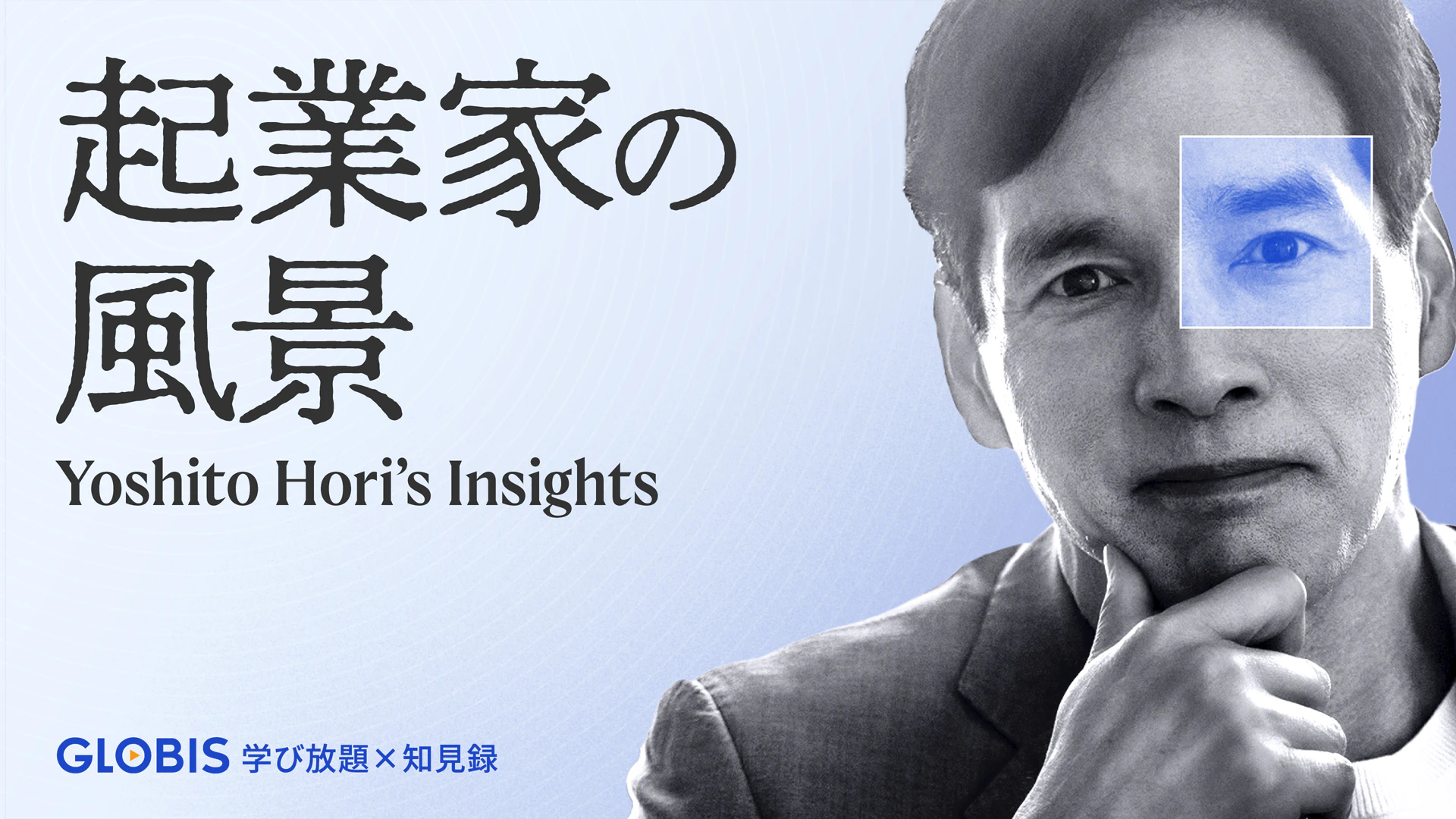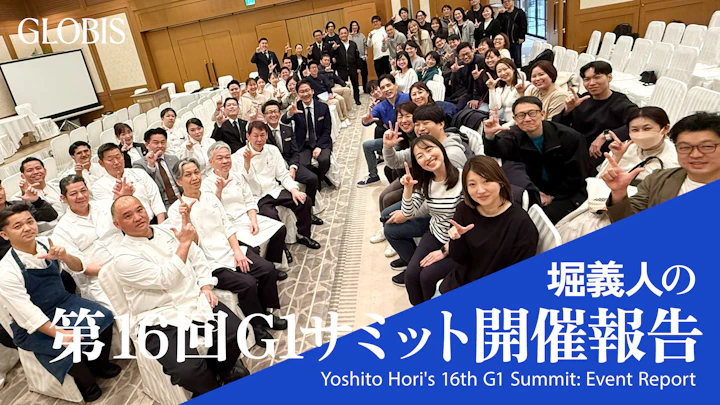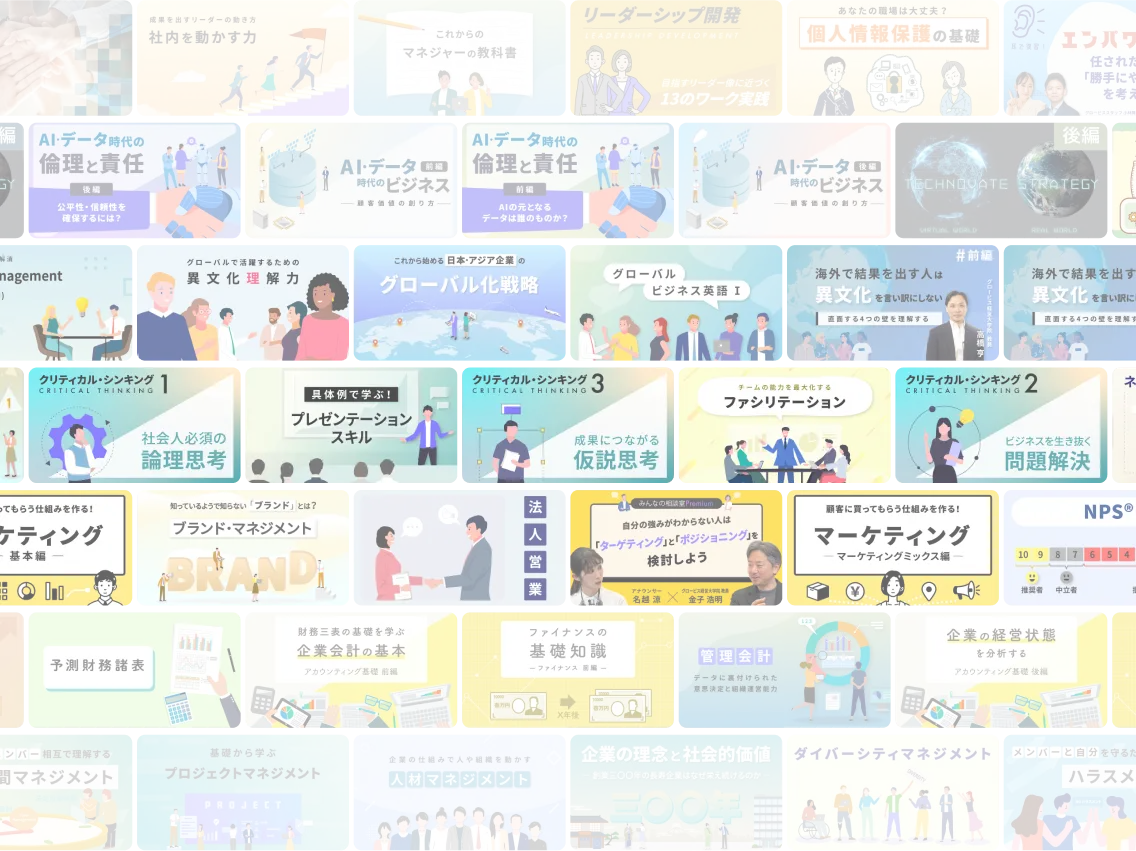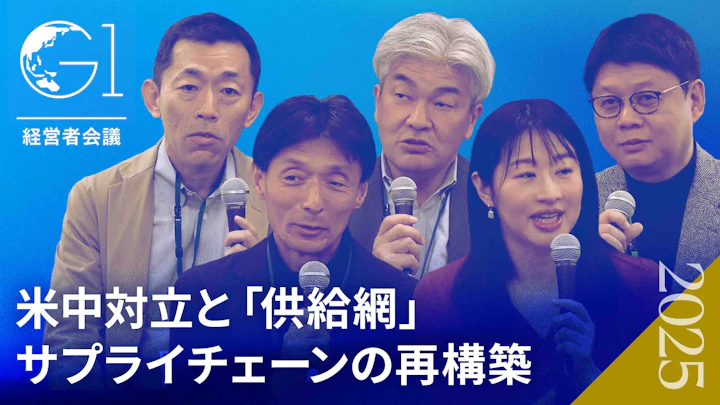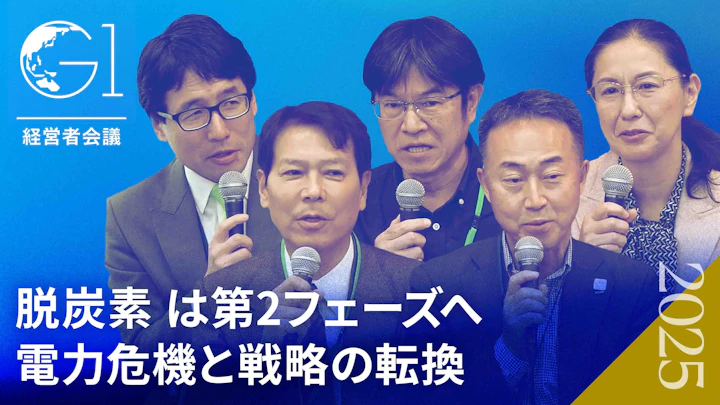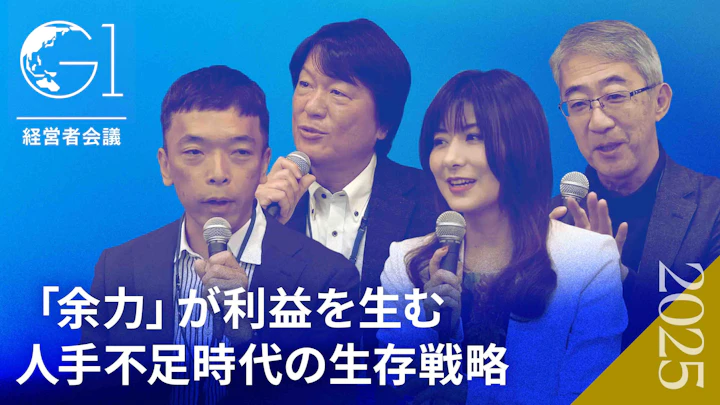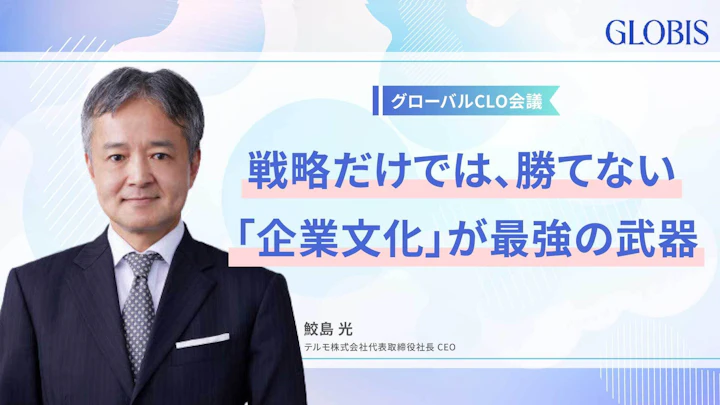Dear friends of GLOBIS & KIBOW,
I had never written my view on the Japanese Government up until this email. Now that things are settling down, I feel that the time is ripe to write about my assessment of the Government. My passive support towards the Government is turning into disapproval. Their responses to the nuclear crisis have been disastrous. They made the reputation damages even worse globally. The government failed on the following four accounts.
1) Their evacuation standard was too strict, forcing many residents to evacuate their homes. The international threshold is at 100mSV/year, but in Japan it is 20mSV/year. The recent decision to make the 20km radius off-limits has also grabbed the headline of FT on April 21st, which sent the message again to the world that the situation in Fukushima is very serious.
FT.com / Asia-Pacific - Japan creates no-go area around nuclear plant (April 21)
2) Ordering unnecessary suspension of shipments raised people’s anxiety over food safety. An order was given not to ship spinach, but the shipment has resumed after finding for 3 consecutive weeks that there was no danger to eat.
I have not been able to find any news on the resumption of shipment of Fukushima vegetables in English newspapers, yet. My brother who works for the IAEA in Vienna had been sent to Japan to research the soil. He said to me that it is safe to eat vegetables in Iwaki-city, which is within a 30km radius. However, this stoppage has ruined the image of safety of Japanese food products globally. Today, some people in Japan choose to buy Fukushima vegetables to support the farmers in Fukushima.
3) Their excessive re-rating of the nuclear accident to Level 7 came at an inappropriate timing. The level of the radiation when the re-rating was announced was less than 1/100th of Chernobyl. As I reported to you, I was in Fukushima within 10km from the Nuclear Plant on that day. It is obviously safe, but this has sent the message globally that Fukushima is in dire situation, even though the situation is stabilizing.
4) The release of contaminated water to the Pacific Ocean without public explanation was a man-made disaster in terms of public relations for Japan. Even though the impact to the environment is limited, it has sent the message that Japan is not environmentally sensitive.
Despite this situation, the nuclear plant itself is showing signs of stabilization, with radiation dropping to safe levels even within a 20km radius. The results of IAEA investigation have also been reassuring.
In fact, my wife is looking at a daily report on Fukushima Daiichi Plant telling us how much the fuel rods are exposed in No. 1 to No. 3 reactors, what the levels of water within 4 reactors are, what the levels of temperature are in each reactor and what the radiation levels are in various cities in Japan (As I wrote to you before, the radiation of Tokyo is 40% less than that of Hong Kong now).
Even though it is written in Japanese, this is a well done effort by a volunteer compiling all the data announced by various relevant authorities.
Massive amounts of compensation will be required, because of these excessive evacuation criteria and shipment suspension measures. I suspect that TEPCO would think,“Compensation is increasing because of the imposition of too strict a standard by the Government, though scientifically proven safe. If this is the case, it should be the government that bears the burden.”
From the viewpoint of taxpayers, it means “compensation leads to heavier tax loads and increases the risk of fiscal meltdown”.
Owing to the bureaucratic formula of risk averse mentality, i.e. “what if something happens”, compensation is accumulating to an enormous amount. As a result, it would jeopardize the existence of TEPCO and put more burden on taxpayers, while causing more unnecessary evacuations of residents and aggravating indirect damages.
In such circumstances, the world will not be convinced without policies that are transparent, scientifically assured, and based on the global standard. If not, it would raise suspicion that “the government must be hiding the real statistics, keeping people and the world in the dark about the danger”.
The Government’s inadequacy has produced more and more evacuees, aggravated damaging rumors and multiplied nuclear energy opponents. So far no nuclear plants have been able to restart their operations, causing shortages of power supplies and thereby giving a further blow to the already stagnated Japanese economy. At the heart of this vicious circle lies the government’s failure. Things would not have been this bad had they been more competent in handling the aftermath.
As for the nuclear debate, it is still going on in Twitter and Facebook. Asahi Newpaper has done a survey about a week ago. Despite the Fukushima Daiichi Nuclear accident, 51% of Japanese people still approve nuclear power generation. This, I thought, was impressive, despite the fact that the powerful opponents are becoming more and more outspoken. After all the sufferings the Japanese people have had to go through, we are still realistic and pragmatic in thinking.
asahi.com:Poll: 41% want nuclear power generation reduced or stopped - English
Further, Japanese citizens and companies are showing strong commitment to restore and rebuild societies, factories, and towns. This I feel is very reassuring.
We found out that 97% of deaths were caused by Tsunami. Even after that strong earthquake, most of the buildings had not been damaged. Shinkansen (bullet trains) stopped automatically after the quake and no accidents were reported. Further, the gas has automatically stopped so that little fire had been reported by the quake (we saw a big one in Kesennuma City after the Tsunami)
Further, the cooperation and contribution made from fellow Japanese is astonishing. I personally do not care about profits any longer. We all feel that we need to do something to rebuild Japan. And the contribution from all around the world has also been heart warming. We, Japanese, are realizing that Japan is such a great country to live in with cooperative people and solidarity among citizens, and warm assistance from the world.
Thank you all for your great support. I do hope that you would go to a Japanese restaurant near-by this week to support Sushi!
Best regards,
Yoshito Hori
Leader of GLOBIS & KIBOW


